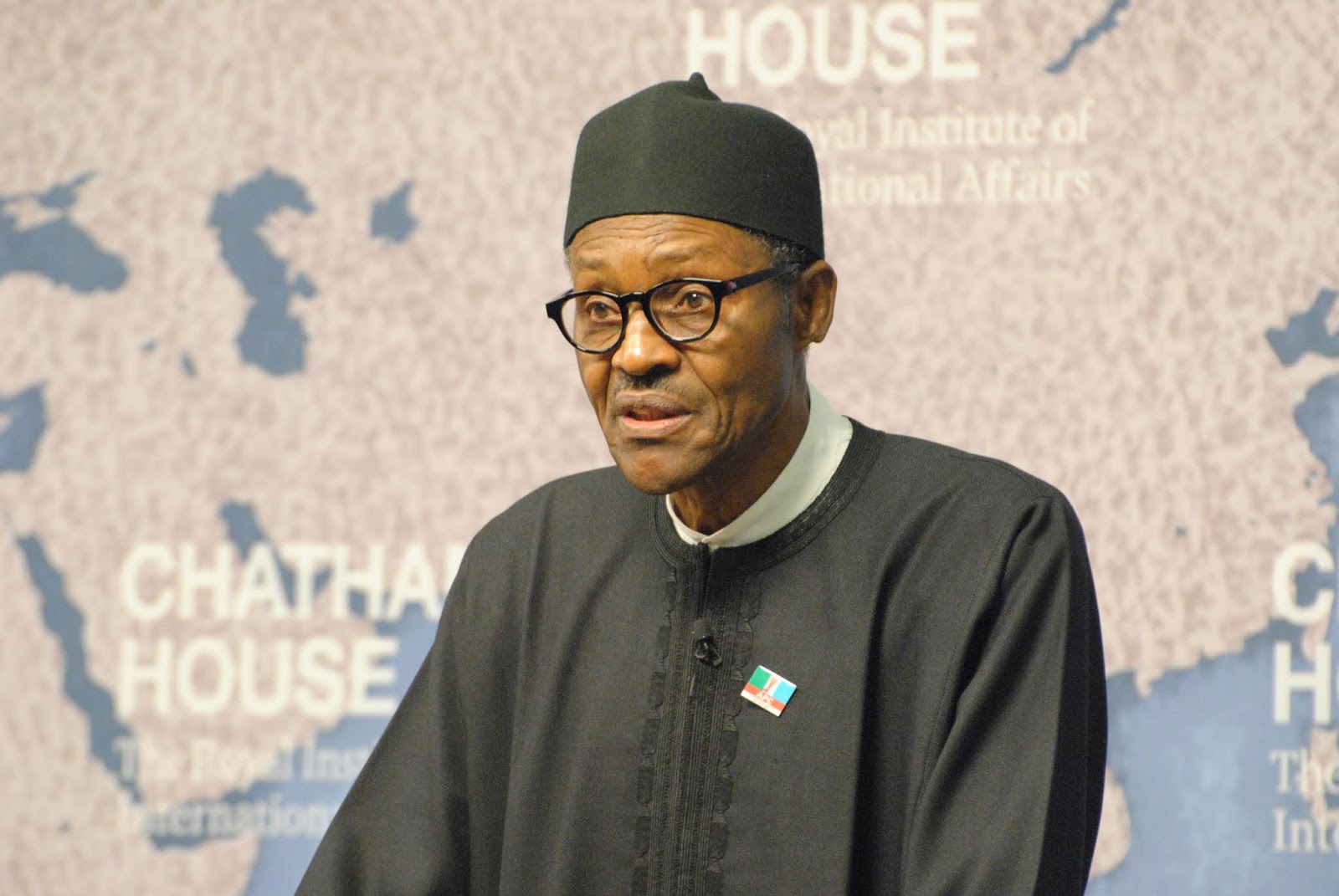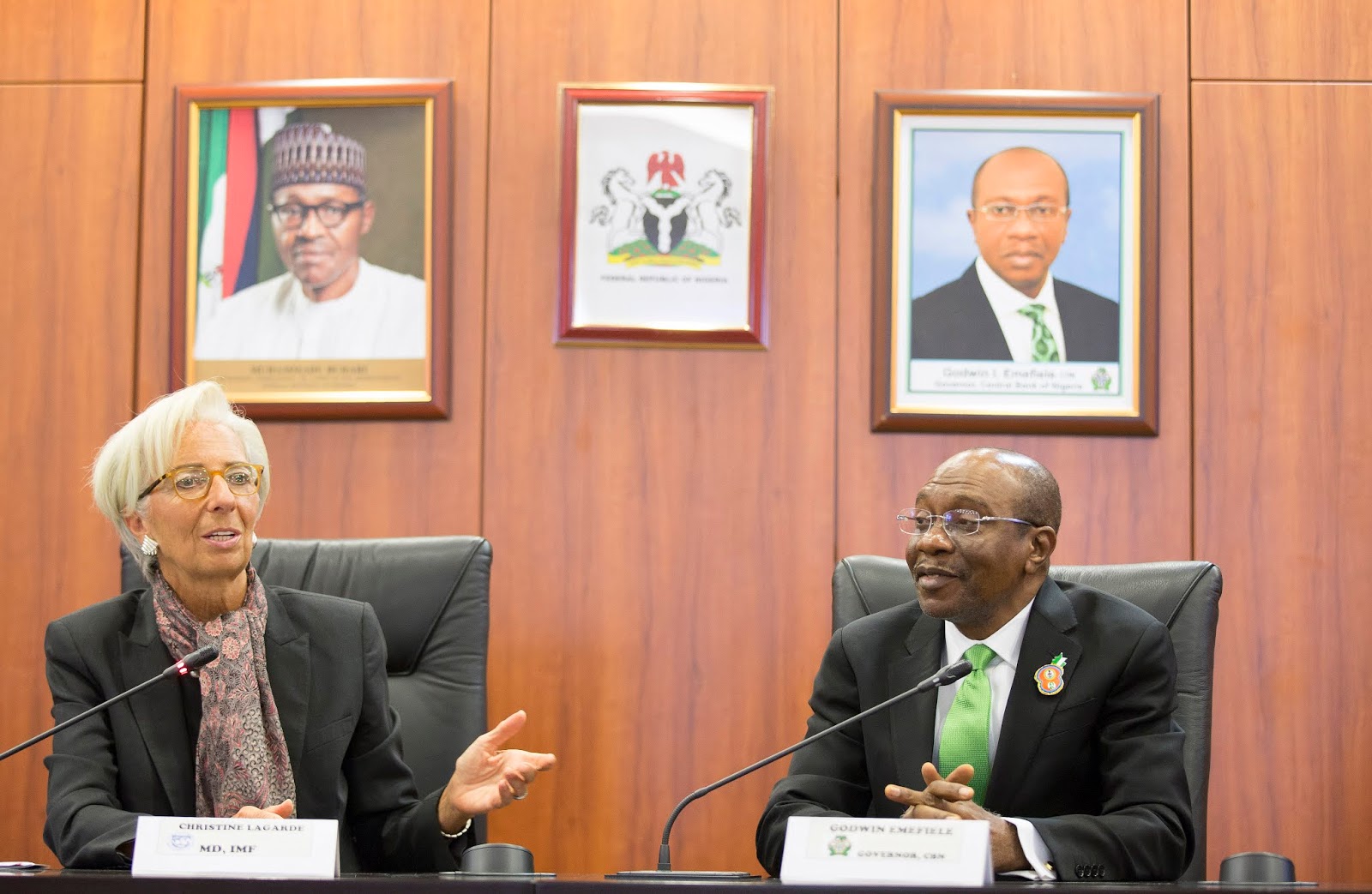- General
- November 30, 2019
- 5 minutes read
Nigeria To License More Payment Providers
Nigerian President Muhammadu Buhari image: Chatham House on Flickr Nigeria’s central bank plans to license more payment providers to operate…
 |
| Nigerian President Muhammadu Buhari
image: Chatham House on Flickr
|
Nigeria’s central bank plans to license more payment providers to operate in its jurisdiction in an effort to improve the financial-inclusion rate of its citizens to 80% by the end of next year from about 60% currently, the country’s Central Bank Governor, Godwin Emefiele, said in a statement on Friday. “The provision of licenses to several players will help support innovation and competition as all parties work to increase their customer base,” he said in a speech delivered in the Nigerian capital of Abuja.
“Nigerians in underserved locations will have access to cost effective payment services, cash-in and cash-out facilities, and savings products.” Emefiele said. Such measures come as Nigeria, Africa’s most populous nation and biggest economy, sees a push in digital banking services thanks to the rise of some relatively new payments services and new solutions from already existing banks alike. However, even with such growth, Nigeria’s digital banking reach pales when compared to that of several countries both in and outside Africa.
Nigeria’s central bank is now looking to issue more licenses for payments providers as a way to improve access to digital payments services for its citizens, a method that may prove effective. To highlight part of the country’s efforts in this space, Nigeria’s central bank has awarded so-called shared-agent and payment-bank licenses to three companies this year alone, Emefiele said.
In his speech, Emefiele also touched on other financial issues in the country, with comments on inflation, export earnings and government spending. Citing his speech, Government spending is expected to increase Nigeria’s gross domestic gross product (GDP) growth to 2.5% in the fourth quarter of this year. Inflation is expected to increase a bit to about 11.7% and then abate thereafter, supported by “efforts at improving domestic production of staple food items.”
Bloomberg earlier reported on Nigeria’s plan to license more payment providers.







